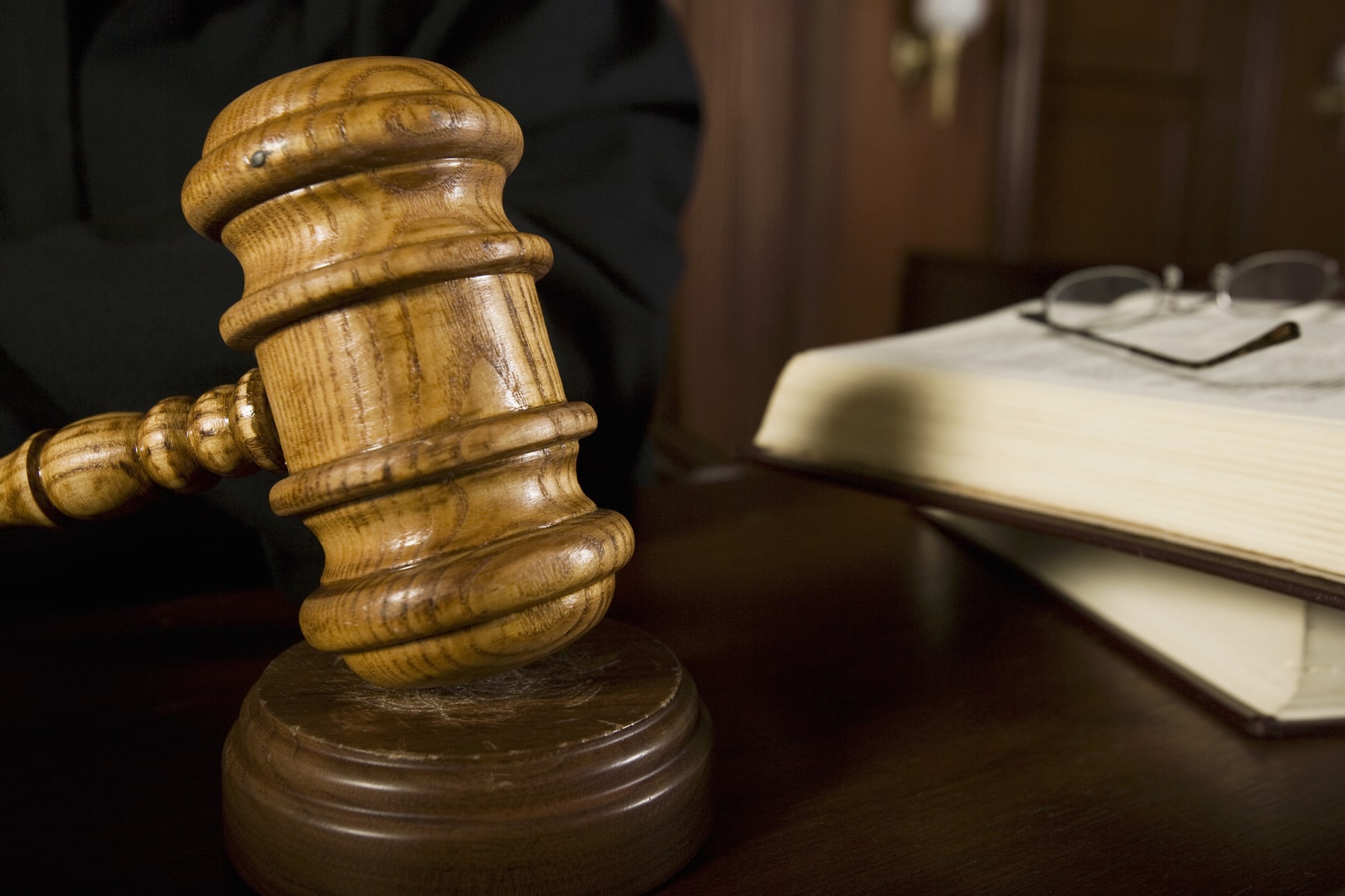Nevada – like every other state – has specific rules on the disclosing evidence before trial. In Nevada, throughout discovery and leading up to trial, evidence to support claims or defenses, including impeachment evidence, must be timely disclosed and supplemented. At the beginning of discovery, a party must make initial disclosures, including impeachment evidence, within fourteen (14) days of the initial NRCP 16.1(b) conference unless otherwise specified in a court order or stipulation. Evidence that may be presented at trial, including impeachment material, must be disclosed thirty (30) days before trial is set to begin. All parties have a duty to timely supplement their disclosures. All disclosures under NRCP 16.1(a) must be in writing, signed, and served. Failure to do any of the above may result in discretionary exclusion of such non-produced or late-produced evidence, impeachment or otherwise, as well as sanctions in appropriate circumstances.
All parties must provide the name and contact information for persons likely to have discoverable information, a copy of all documents, electronically stored information, and other tangible things concerning the incident that gives rise to the action at the beginning of the action. This includes impeachment and rebuttal evidence, but excludes privileged or otherwise protected documents. See id. Such evidence must be produced within fourteen (14) days after the initial NRCP 16.1(b) conference unless otherwise stated in a court order or stipulation, or objected to during the conference and decided by the court as inappropriate for discovery.
No later than thirty (30) days before trial, each party must produce the evidence it may use at trial. Notably, although it appears that the evidence does not need to be specifically labeled as impeachment evidence, all impeachment and rebuttal evidence must nonetheless be disclosed.
The Eighth Judicial District Court Rules (“EDCR”) state the same requirements. Prior to trial, each party’s pretrial memoranda must include a list of exhibits and witnesses intended to be used in trial, including those that are intended to be used for impeachment purposes.
Pursuant to NRCP 26(e)(1), a party who has made an initial disclosure under NRCP 16.1 is under a duty to timely supplement and/or correct prior disclosures if there is additional information acquired after the initial disclosure, recently acquired information making a prior disclosure materially incorrect, or if the otherwise additional or correct information has not otherwise been made known to the other parties during discovery.
Failure to disclose or supplement information concerning the incident that gives rise to the action allows Nevada courts to impose appropriate sanctions upon the party or the party’s attorney who failed to disclose such information. Additionally, failing to provide information or to identify a witness may result in that party’s inability to use that information or witness with respect to a motion, at a hearing, or at trial. Therefore, it’s important to disclose evidence!
Thanks to a trial lawyer with our friends at Eglet Adams for its insight on the duty to disclose evidence. If you are facing a trial, reach out to an attorney near you immediately for representation.


